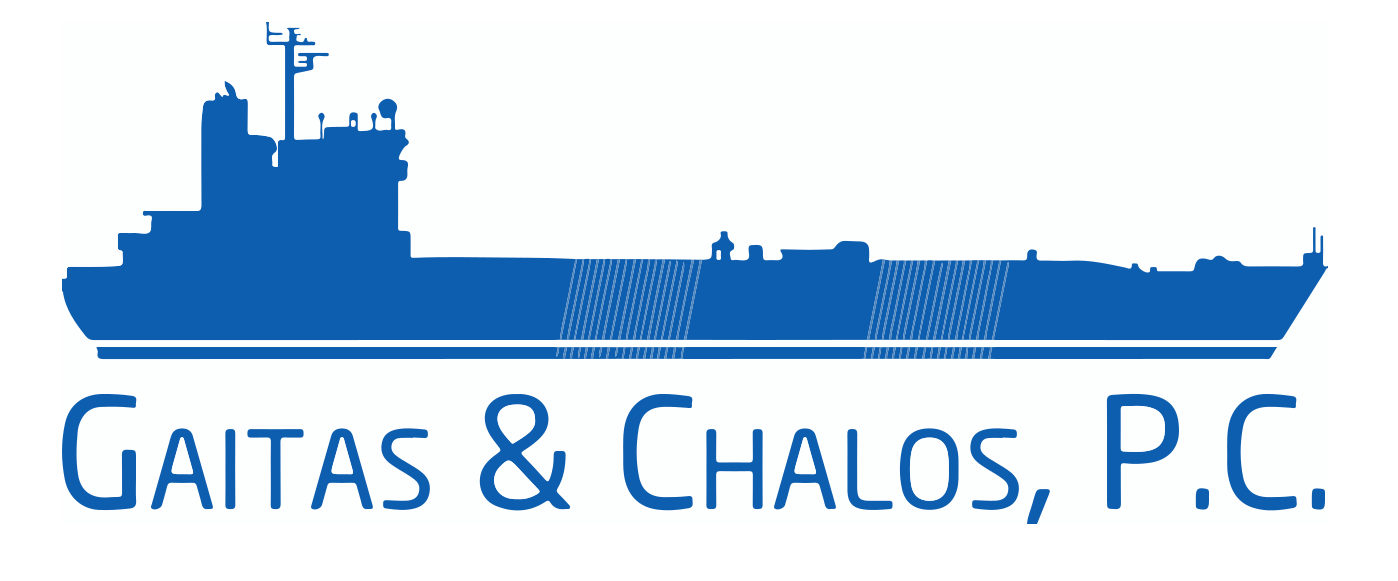Recent Cases of MARPOL Enforcement
By: George A. Gaitas
In my October 4, 2018 presentation at the Safety4Sea Conference in Athens, Greece, I discussed a shift in MARPOL enforcement in the United States from the usual targeting of engine-room oily water separator bypasses to unlawful tanker cargo space/ballast water discharges and ODME bypasses. Two recently reported cases of guilty pleas – involving substantial fines – highlight this. Both cases were discovered and prosecuted by the authorities as a result of whistleblower reports.
ODME Systems Closely Scrutinized by U.S.C.G.
In the first of these cases, the contents of slop tanks containing clearly visible quantities of oily waste were discharged overboard. There was photographic evidence in a video recording made by the vessel’s seamen, who reported the incident. The video can be accessed here. No record of these and previous similar discharges had been made in the ship’s Oil-Record Book II. The prosecution resulted in a guilty plea within approximately 12 months following the Coast Guard’s investigation. The memorandum of the plea agreement and the agreed facts as they appear in the court record can be accessed from here. What stands out in this case is the depth of the Coast Guard’s investigation into the history of an ODME that had been malfunctioning for some months. The plea agreement shows that there had been repeat incidents of this type that made it necessary for the master to have the ship’s hull cleaned/painted to cover up oil stains caused by impermissible overboard discharges from the slops tank. It is reported that the fine paid by the operator of the vessel was approximately $ 2,000,000.00
A Laundry List of Violations
The second case involved: contamination of a chemical/product tanker’s segregated ballast by cargo and the failure of the officers to follow the vessel’s own ISM cargo handling manual in checking the possible hydrocarbon content of ballast tanks before deballasting; making a false record of such inspections; making false entries in the deck log claiming to have checked the ballast tanks for presence of oil; violating the Vessel General Permit by discharging oily water in violation of the Clean Water Act; failing to report to the Coast Guard observed oil sheen during deballasting operations; failing to report detected presence of oil in ballast tanks; and failing to record the presence of oil contaminated ballast in ORB II. A copy of the stipulated facts on which the plea agreement was based can be accessed here. The fine assessed was reportedly $4,000,000.


